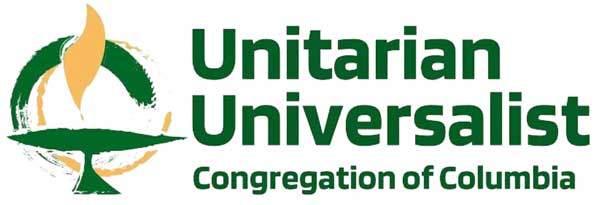In a consumerist society that values money, volunteering can be diminished as unpaid work. In reality, it pays remarkable dividends. As Winston Churchill said, “We make a living by what we get, but we make a life by what we give.” Giving freely of our time and energy in service to other persons or causes helps us transcend our own self-interests and contribute to the greater social good. A wide range of community activities are enabled and ennobled by the work of dedicated volunteers, including feeding the hungry, helping victims of disasters, appreciating the arts, and giving expression to religious beliefs. Congregations like UUCC survive and thrive because of volunteers. Taking a step back to reflect on our volunteer work is a way of helping to appreciate its potential for personal fulfillment and societal transformation.
The Remarkable Benefits of Volunteering
Service Date:
Speakers
Past Services
Change: Friend or Enemy?
One of our Values as Unitarians is “Transformation: We adapt to the changing world”. We are living in unprecedented times and the challenge to adapt to so many changes can be overwhelming. We need to pause and consider the good and the bad of change rather than resisting just because it is different. Each generation […]
